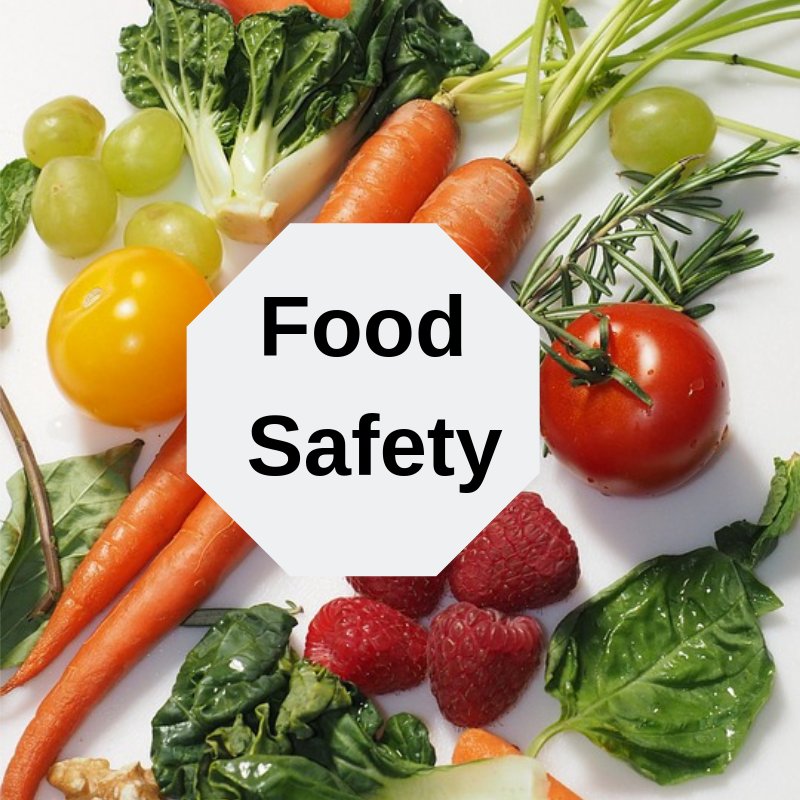When it comes to the level of satisfaction experienced by customers, several questions ought to be directed toward those who make food. Infections from eating contaminated food include Salmonella, E. coli, and Campylobacter, to name just a few of the pathogens that can be avoided by complying with the established norms and requirements for food safety and meticulously choosing food safety products. The following is a list of essential things to think about before putting food safety procedures into action in a company:
Focus on the Food Processing Plant’s Location and Infrastructure
When setting up and maintaining safe food handling procedures, the layout and location of a food processing plant are crucial considerations. To reduce the possibility of contamination, one should avoid visiting areas notorious for harboring bugs and heavy pollution.
The Global Standard for Food Safety specifies that a manufacturing facility must be of sufficient size, location, and construction and be maintained in good condition to prevent contamination. It must also ensure that as many legally compliant, safe goods as possible are produced in the unit with the help of food safety products.
Interior construction materials should be durable, dirt-resistant, easy to clean and maintain, and safe for employees.
Systematically Organise the Manufacturing Process
The production line should be built with easy maintenance and cleaning in mind to ensure the safety of the food products and ingredients. Safely producing processed meals requires thinking about more than just the ingredients. Poor construction frequently leads to the collection of food debris in inaccessible cracks. One example of a set of rules for equipment design that one can follow to ensure food safety during handling and processing is the Health and Safety Executive (HSE) equipment design standard.
Eradicate Pests from Time to Time
Keeping the food supply safe requires preventing pest infestations. Insect pests like cockroaches and flies can contaminate food at any production stage, exposing customers to deadly diseases. Mice and rats harm houses and businesses, spread disease, and ruin property. During shipping and storage, insects can destroy goods and spread disease. A company’s capacity to monitor and detect pests helps maintain food safety and prevent pests from entering.
Take Care of Trash
Get rid of litter by guaranteeing everyone access to adequate garbage cans and storage areas. Make efficient plans for trash pickup and disposal. Because of this method, fewer raw materials are completed products, and industrial facilities are at risk of contamination. Legal and effective measures prevent rubbish from stacking up, creating a health problem, or attracting pests.
Arrange for Adequate Sanitation
Regular washing and disinfection methods are crucial for preventing the spread of food-borne infections and maintaining high levels of hygiene. At every stage of the food production process, from storage to preparation, cleanliness, and disinfection is a must.
Conclusion
Pests like rats, flies, and cockroaches are kept at bay in kitchens and other areas where food is prepared or processed by following proper cleaning procedures with the use of food safety products, eliminating the breeding grounds for insects.

